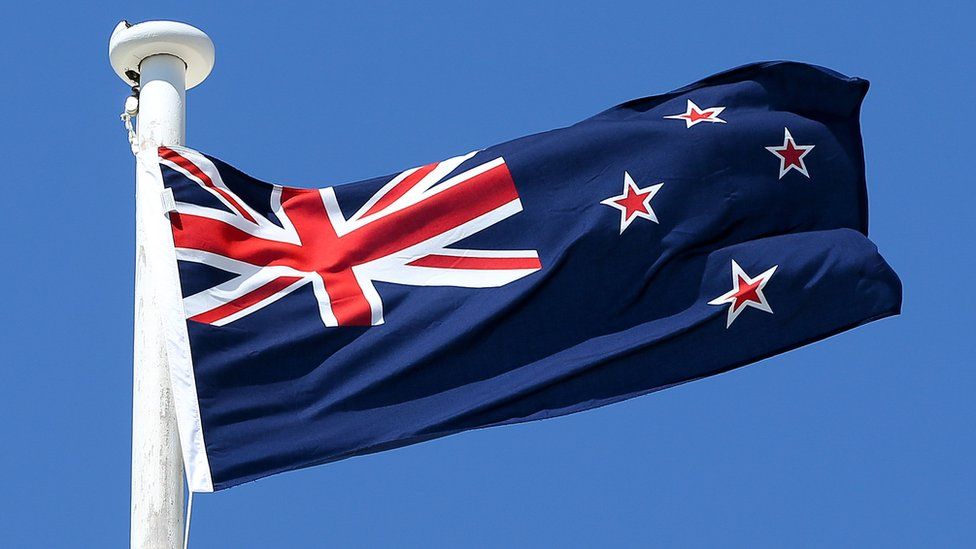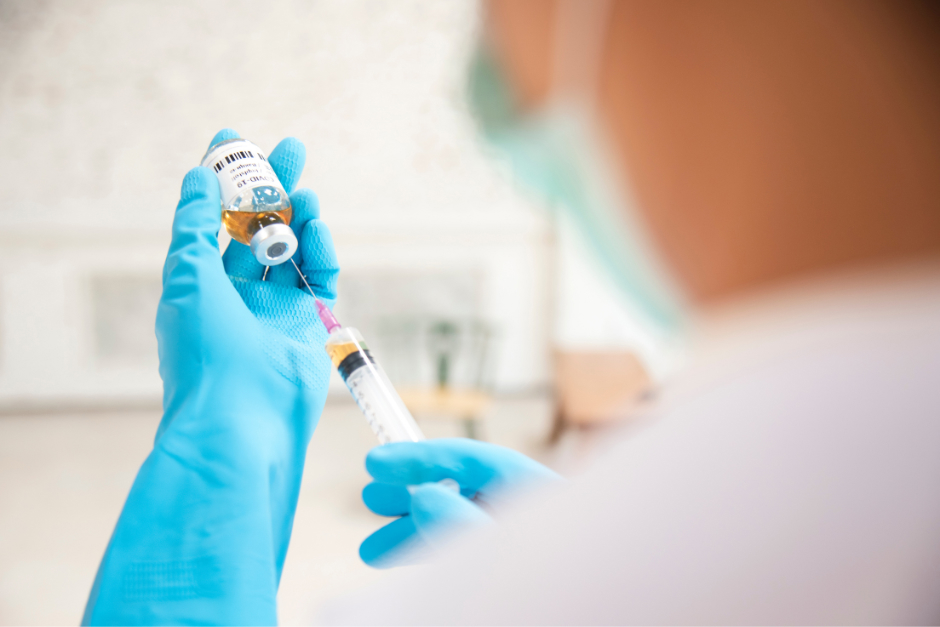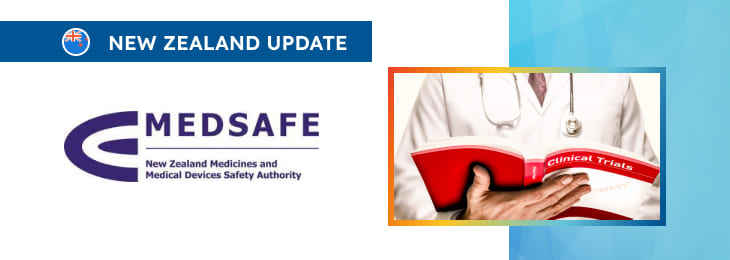The new article describes in detail the application process to be followed by the interested parties when applying for authorisations in the context of clinical trials.

Table of content
The New Zealand Medicines and Medical Devices Safety Authority (MedSafe), a country’s regulating agency in the sphere of healthcare products, has published a guidance document dedicated to various aspects associated with medical devices intended to be marketed and used in the country. In particular, the document addresses the matters related to clinical trials to be conducted in order to assess the actual effectiveness and safety of medical devices before placing them on the market.
The document provides an overview of the applicable regulatory requirements, as well as additional clarifications and recommendations to be taken into consideration by medical device manufacturers, study sponsors, and other parties involved in order to ensure compliance. At the same time, the authority reserves the right to make changes to the guidance and recommendations provided therein, should such changes be reasonably necessary to reflect corresponding amendments to the underlying legislation.
The relevant section of the document outlines the process for applying for approval to conduct clinical trials in New Zealand under Section 30 of the Medicines Act 1981. The approval procedure, managed by Medsafe under the authority of the Director-General of Health, ensures that all clinical trials meet the necessary legal and ethical standards.
Role of Medsafe in the Approval Procedure
In accordance with the applicable legislation, Medsafe is the central body responsible for administering the clinical trial approval process in New Zealand. It handles the receipt and processing of applications, collaborates with the relevant Health Research Council (HRC) committees, and communicates with the applicant throughout the process.
Upon receiving an application, Medsafe facilitates the evaluation and, based on the HRC’s recommendation, issues approval or declines the application. All communications related to clinical trial approvals must be directed to Medsafe’s Clinical Trial Coordinator via email.

Role of the Health Research Council (HRC)
The Director-General of Health approves clinical trials based on the HRC’s recommendations. The HRC has two standing committees that review clinical trial applications:
- Standing Committee on Therapeutic Trials (SCOTT): Reviews applications for pharmaceutical-type medicines.
- Gene Technology Advisory Committee (GTAC): Reviews applications for trials involving gene and biotechnology therapies.
The committees provide essential guidance on the requirements and processes for applications. Sponsors should familiarize themselves with the Terms of Reference available on the HRC’s website before submitting an application.
Submitting an Application for Approval
The individual responsible for the clinical trial in New Zealand, also referred to as “the applicant” under the Medicines Act, is responsible for submitting the application. The applicant must be legally accountable for the trials conducted in New Zealand.
Applications must be submitted through the NZ Online Forms system; paper-based or emailed applications are not accepted and will be disposed of. To apply online, the applicant must create an account on the NZ Online Forms website and follow the instructions.
The SCOTT Online Form should be used for submissions to SCOTT or GTAC. For ethical approval, a separate HDEC Online Form must be used. Applicants must clearly state the delivery site addresses for trial medicines on the application form, as these will be included in the approval letter. Customs will only clear investigational medicines delivered to approved sites listed in the approval letter.
Administrative Processing of Applications
Upon receiving the online application, Medsafe will acknowledge receipt within seven days and issue an invoice to the applicant. The approval process will not proceed until payment is received.
All communications regarding the application must be directed to Medsafe via email. The application fee for clinical trial approval is outlined in Regulation 61 of the Medicines Regulations 1984, with details available in the Medsafe Fee Schedule.
The Director-General of Health may grant a fee waiver under certain conditions, as specified in regulation 61A. Fee waivers may be considered for trials conducted for public benefit or specific bioequivalence studies using new generic medicines.
Applications for fee waivers must be submitted with the initial application and will be assessed on a case-by-case basis, considering factors like the time and complexity involved in the application, the public health interests in New Zealand, and any funding the trial receives.
Consideration of Applications
In accordance with the applicable legislation, applications are reviewed by the relevant HRC standing committee (SCOTT or GTAC), which then makes a recommendation to Medsafe. The committee may recommend approval, conditional approval, request more information, or recommend that the trial not be approved.
Within 45 days of receiving the application, Medsafe will inform the applicant of the Director-General’s decision and discuss any conditions or additional requirements. If the trial is approved, Medsafe will issue an approval letter; if not, the reasons for denial will be provided, and the applicant may appeal within 28 days as per Section 88 of the Medicines Act 1981.
Abbreviated Approval Process for Bioequivalence Studies
According to the guidance, Medsafe offers an expedited approval process for bioequivalence studies that meet certain criteria.
This process is not applicable to biosimilar products but is available for studies where:
- The investigational product contains the same active ingredient as an approved medicine in New Zealand.
- The route of administration and dosage are consistent with the approved medicine.
For eligible studies, a reduced application fee applies, and a decision will be made within five working days. Details on the current fees are available in the Medsafe Fee Schedule.
Conclusion
In summary, the application process for clinical trial approval in New Zealand is structured to ensure that all trials comply with the Medicines Act 1981 and relevant ethical standards. The present guidance provides a detailed overview of the relevant regulatory requirements, as well as clarifications regarding the specific steps to be followed by the interested parties.
How Can RegDesk Help?
RegDesk is an AI-powered Regulatory Information Management System that provides medical device companies with regulatory intelligence for over 120 markets worldwide. It can help you prepare and publish global applications, manage standards, run change assessments, and obtain real-time alerts on regulatory changes through a centralized platform. Global expansion has never been this simple.

